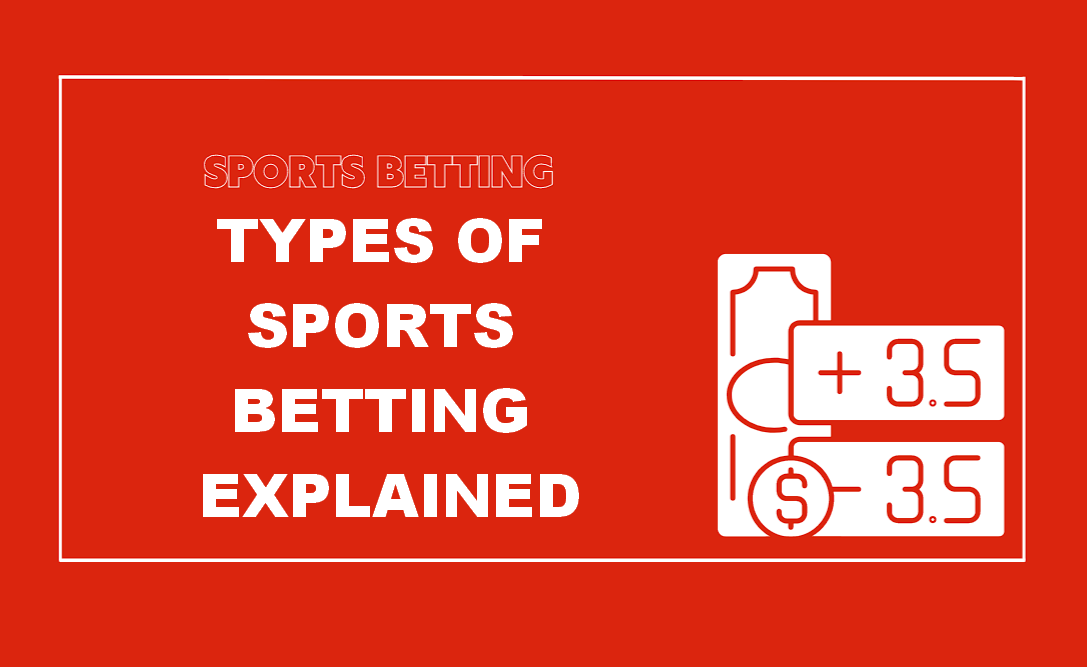Sports betting is a thrilling and potentially lucrative activity that attracts millions of enthusiasts worldwide. Understanding the various types of sports betting is crucial for both novice and experienced bettors. This guide will explain the most common types of sports betting, their unique features, and how to make informed decisions when placing your bets.
Fixed Odds Betting
Fixed odds betting is the most traditional and straightforward form of sports betting. In this type of betting, the odds are agreed upon at the time the bet is placed and do not change regardless of subsequent events.
How Fixed Odds Betting Works
- Odds Determination: Bookmakers determine the odds based on the probability of an event occurring.
- Bet Placement: Bettors place their bets at the agreed-upon odds.
- Payout: If the bet wins, the payout is calculated based on the fixed odds.
Example
- Scenario: A bettor places a $100 bet on Team A to win a match at odds of 2.00.
- Outcome: If Team A wins, the bettor receives a payout of $200 ($100 initial bet + $100 winnings).
In-Play or Live Betting
In-play or live betting allows bettors to place wagers on events as they unfold in real-time. This dynamic form of betting offers constantly changing odds and requires quick decision-making.
How In-Play Betting Works
- Real-Time Odds: Odds are updated in real-time based on the events happening in the match.
- Bet Placement: Bettors can place bets at any point during the match.
- Strategic Opportunities: In-play betting offers opportunities to capitalize on shifting odds and momentum changes.
Example
- Scenario: A bettor places a $50 bet on Team B to score the next goal during a live football match at odds of 3.50.
- Outcome: If Team B scores the next goal, the bettor receives a payout of $175 ($50 initial bet + $125 winnings).
Exchange Betting
Exchange betting is a peer-to-peer form of betting where bettors can act as both the punter and the bookmaker. This type of betting allows for more flexibility and often better odds compared to traditional bookmakers.
How Exchange Betting Works
- Peer-to-Peer: Bettors place bets against each other rather than against a bookmaker.
- Lay Betting: Bettors can “lay” a bet, which means betting against an outcome.
- Betting Exchange Platforms: Platforms like Betfair facilitate exchange betting.
Example
- Scenario: A bettor places a $100 lay bet on Team C to lose a match at odds of 2.50.
- Outcome: If Team C loses, the bettor receives a payout based on the lay odds.

Spread Betting
Spread betting involves betting on the outcome of an event based on a range of possible outcomes rather than fixed odds. This type of betting can offer higher potential returns but also comes with higher risks.
How Spread Betting Works
- Spread: Bookmakers set a spread or range for the outcome of an event.
- Bet Placement: Bettors place bets on whether the actual outcome will be above or below the spread.
- Payout: The payout is determined by how much the actual outcome deviates from the spread.
Example
- Scenario: A bettor places a $10 bet on the total number of goals in a football match to be over 2.5.
- Outcome: If the total number of goals is 3, the bettor wins, and the payout is calculated based on the deviation from the spread.
Pool Betting
Pool betting involves a group of bettors contributing to a common pool, with the winnings distributed among those who correctly predict the outcome of an event.
How Pool Betting Works
- Contribution: Bettors contribute a fixed amount to the pool.
- Prediction: Bettors make predictions on the outcome of an event.
- Winnings Distribution: The total pool is distributed among the winners based on their contributions and the accuracy of their predictions.
Example
- Scenario: Ten bettors contribute $10 each to a pool for predicting the winner of a horse race.
- Outcome: The bettors who correctly predict the winner share the total pool of $100.
Parlay Betting
Parlay betting involves combining multiple bets into a single wager. This type of betting offers higher potential payouts but also comes with higher risks, as all individual bets must win for the parlay to be successful.
How Parlay Betting Works
- Multiple Bets: Bettors combine multiple bets into a single parlay.
- Combined Odds: The odds of each individual bet are multiplied to determine the overall odds of the parlay.
- All or Nothing: All individual bets must win for the parlay to be successful.
Example
- Scenario: A bettor places a $50 parlay bet on three football matches, with odds of 2.00, 3.00, and 4.00 respectively.
- Outcome: If all three bets win, the bettor receives a payout of $1,200 ($50 initial bet + $1,150 winnings).
Futures Betting
Futures betting involves placing bets on events that will occur in the future, such as the winner of a championship or tournament. This type of betting offers the potential for high payouts but requires long-term commitment.
How Futures Betting Works
- Long-Term Bets: Bettors place bets on future events.
- Odds: Odds are determined based on the probability of the event occurring.
- Payout: The payout is determined by the odds at the time the bet is placed.
Example
- Scenario: A bettor places a $100 bet on Team D to win the championship at odds of 5.00.
- Outcome: If Team D wins the championship, the bettor receives a payout of $500 ($100 initial bet + $400 winnings).
Prop Betting
Prop betting involves placing bets on specific events or outcomes within a game that are not directly related to the final result. This type of betting offers a wide range of options and can add excitement to the betting experience.
How Prop Betting Works
- Specific Events: Bettors place bets on specific events or outcomes within a game.
- Variety: Prop bets can cover a wide range of events, such as the number of goals, player statistics, or game milestones.
- Payout: The payout is determined by the odds of the specific event occurring.
Example
- Scenario: A bettor places a $20 bet on a player to score a goal in the first half of a football match at odds of 3.50.
- Outcome: If the player scores a goal in the first half, the bettor receives a payout of $70 ($20 initial bet + $50 winnings).
Conclusion
Understanding the various types of sports betting is essential for making informed decisions and maximizing your betting experience. From fixed odds and in-play betting to exchange and spread betting, each type offers unique features and opportunities. By familiarizing yourself with these types of sports betting, you can develop strategies that suit your preferences and goals, ultimately enhancing your chances of success.

